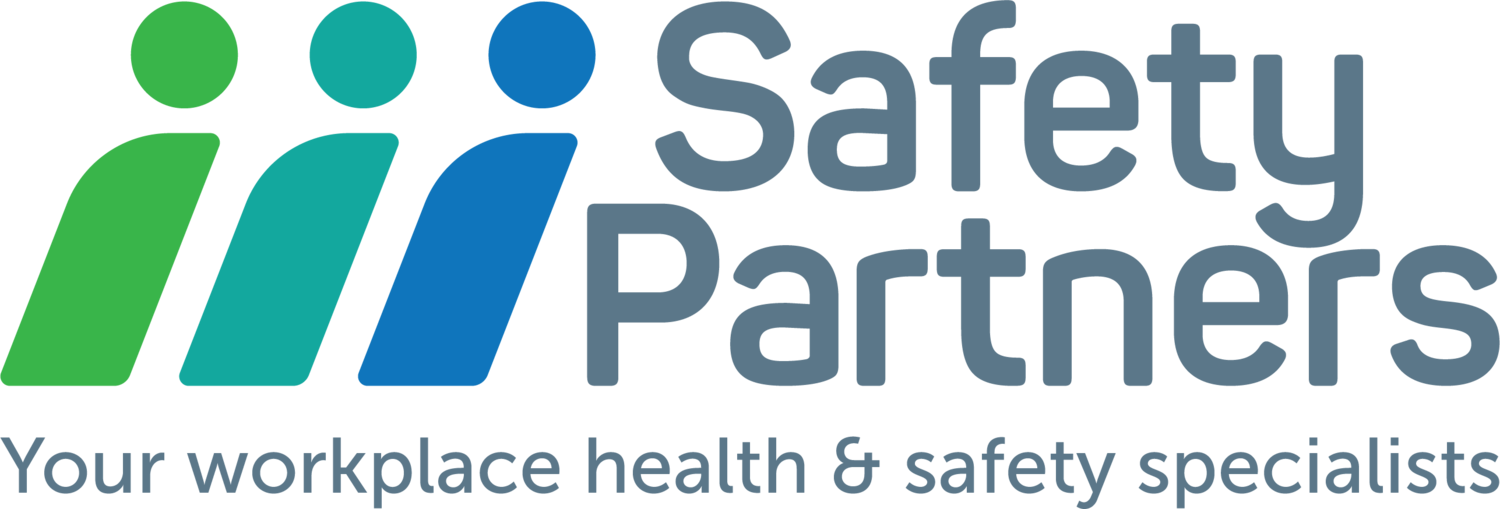Why managing workplace health and safety risk is so important
Managing workplace health and safety risk is crucial for several reasons, including:
Protecting employees:
The primary reason for managing workplace health and safety risk is to protect employees from harm. Workers have the right to work in a safe environment, and it is the employer's responsibility to ensure that the workplace is free from hazards that could cause injury, illness or even death.
Legal compliance:
New Zealand has strict laws and regulations governing workplace health and safety. Employers have a legal obligation to comply with these regulations, failing which they can face legal consequences, such as fines, penalties, or even criminal charges.
Cost savings:
Effective workplace health and safety management can help employers save money in the long run. Employers can reduce healthcare costs, lost workdays, workers' compensation claims, and insurance premiums by preventing workplace injuries and illnesses.
Improved productivity:
Employees who feel safe and healthy at work are more likely to be productive and engaged. Effective workplace health and safety management can promote a positive workplace culture, boosting morale and productivity.
Reputation and image:
A company prioritising workplace health and safety can build a positive reputation and image. This can help attract and retain employees, customers, and other stakeholders and enhance the company's brand value.
In summary, managing workplace health and safety risk is essential for protecting employees, legal compliance, cost savings, productivity, and reputation. Employers have a moral, legal, and financial responsibility to ensure that their workplace is safe and healthy for everyone.

